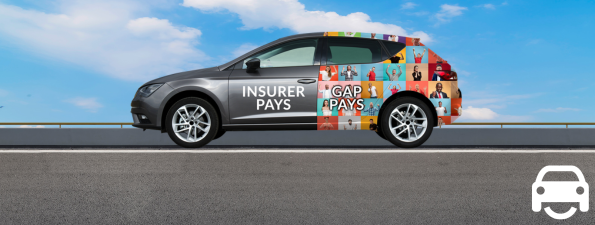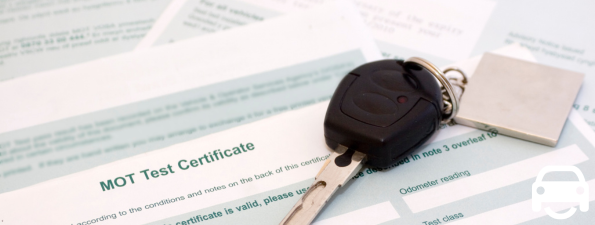MotorEasy's Valentines Competition: View the Wall of Love 2026
This year, we invited MotorEasy members and non-members alike to share a photo of something they love, posting their moments to the virtual MotorEasy Wall of Love 2026!
Read moreUnderstanding the Types of GAP Insurance - MotorEasy
If your car is written off or stolen, standard motor insurance will usually only pay out the vehicle’s current market value - often leaving you out of pocket.
Read moreDoes Temporary Car Insurance Cover EU Travel?
If you’re planning a drive to Europe (maybe a quick ferry crossing, maybe a longer road trip) this is usually the first question people ask: Does Temporary Car Insurance Cover EU Travel?
Read moreWhat Car? Awards 2026: From Mechanical Beginnings to an Electric Future
From radios and heaters to software on wheels, the What Car? Awards 2026 show how far motoring has come. With EVs leading the way and ownership entering a new digital era, this year’s winners reveal where driving is headed for 2026.
Read moreValentine's Day Special: 5 Cars We'll Always Love (Because They Never Let Us Down!)
Valentine’s Day isn’t just about flowers and chocolates – it’s about celebrating the relationships that actually last.
Read moreWhat Is an MOT and Why Do Cars Fail?
An MOT test is a legal annual check required for most cars in the UK once they’re three years old. Set by the Driver and Vehicle Standards Agency (DVSA)
Read moreCar theft in the UK: the most stolen cars and brands in 2025
Car theft continues to be a major problem across the UK, with tens of thousands of vehicles stolen each year. While high-end cars often attract headlines, new analysis shows that everyday models remain the most common targets for thieves.
Read more






